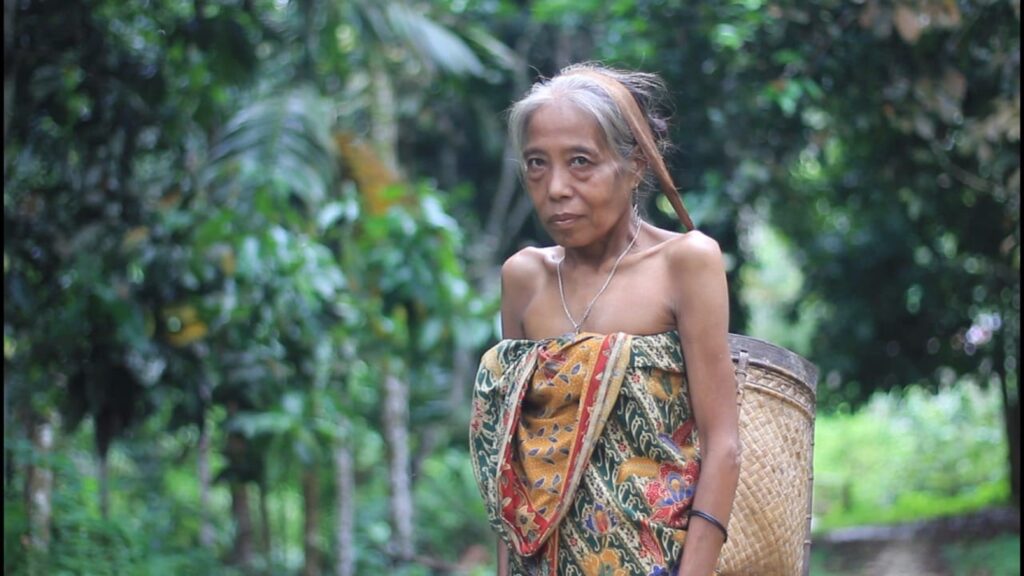Traditional life is a valuable cultural heritage, which has shaped the identity and values of society in various regions in Indonesia. However, indigenous women's participation in the decision-making process and their role in protecting the environment is often not given space. In fact, traditional women have a key role in maintaining and continuing traditions. Also plays an important role in maintaining the sustainability of natural resources.
It is a fundamental principle in society to provide equal rights, opportunities and treatment to all individuals. Regardless of gender, ethnicity, religion, race and between groups. Even though there has been recognition of indigenous peoples, especially indigenous women, it cannot be denied that many people still face inequality and discrimination in various aspects of life. The question is, how is it possible to realize inclusive policies without gender recognition and equality?
Inclusionary Policy Is Koentji
Inclusion policy is an approach that aims to ensure that all community groups, including indigenous communities, especially indigenous women, have equal access to the resources, opportunities and benefits offered by the government and society. Its main goal is to reduce inequality and promote social justice. In the context of gender equality, inclusive policies seek to overcome the obstacles that limit their progress. As well as ensuring that they have equal access in all aspects.
The first step starts from recognizing the existence of indigenous peoples. That they are part of Indonesian citizens who have occupied their traditional territory for generations. Knowing the history of origin and having sovereignty over the land. Also natural wealth, socio-cultural life regulated by customary law and traditional institutions that ensure their survival.
Then provide indigenous women with the knowledge, skills and opportunities necessary to achieve their potential. Because as we know, one of the main challenges women face is the pay gap between the genders. Inclusion policies in this case include efforts to eliminate discrimination. Support indigenous women in equal access to employment, and encourage indigenous women's entrepreneurship. This is not only a matter of justice, but also an important step for sustainable economic growth. Automatically build the spirit of participation of indigenous women in providing voting rights, views and alternative solutions in designing and supporting sustainability policies for their communities and traditional institutions. This also includes overcoming barriers such as gender stereotypes and the silencing of indigenous women's voices.
Gender equality is a very important goal to achieve in an inclusive society. Inclusion policies are a powerful tool to achieve this goal by ensuring that women have equal access to resources, opportunities and benefits. By adopting a comprehensive approach to various aspects of life, we can create a more just and equitable society for all individuals, regardless of their gender. In the journey towards gender equality, inclusion policies are key to encouraging the progress of indigenous women. Lastly, quoting from Bell Hooks, "Community is formed not by eliminating differences, but by affirming them."


